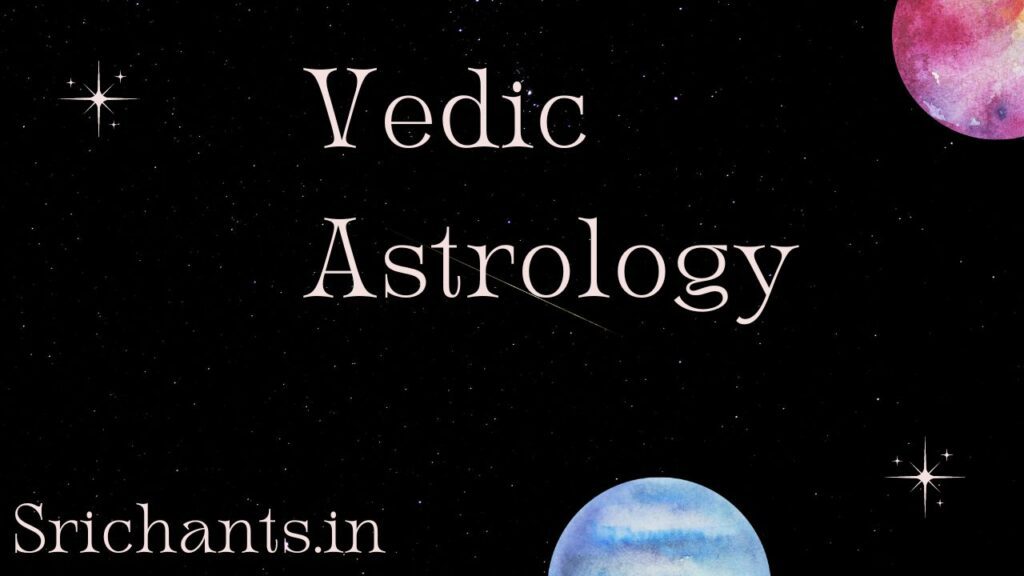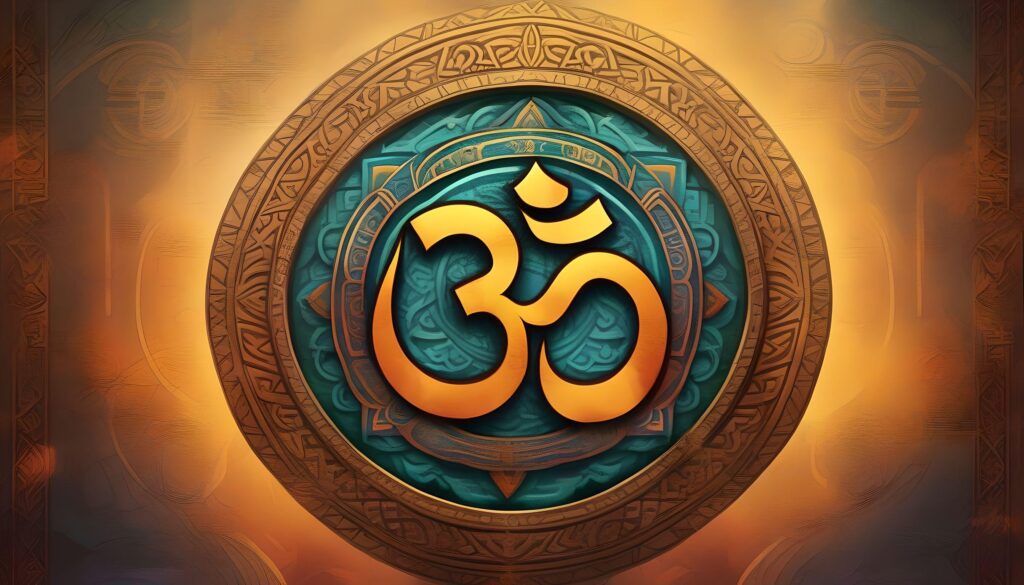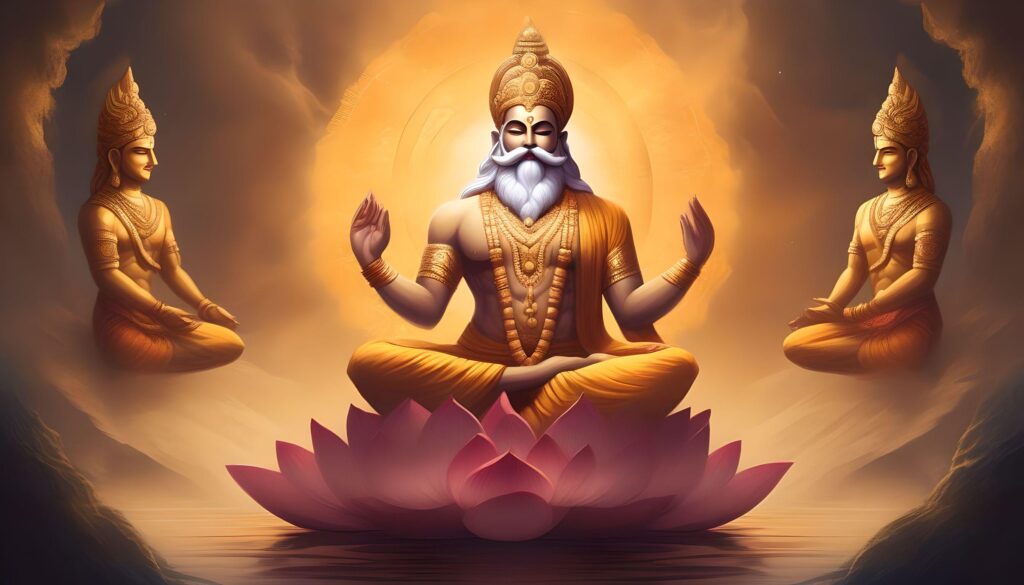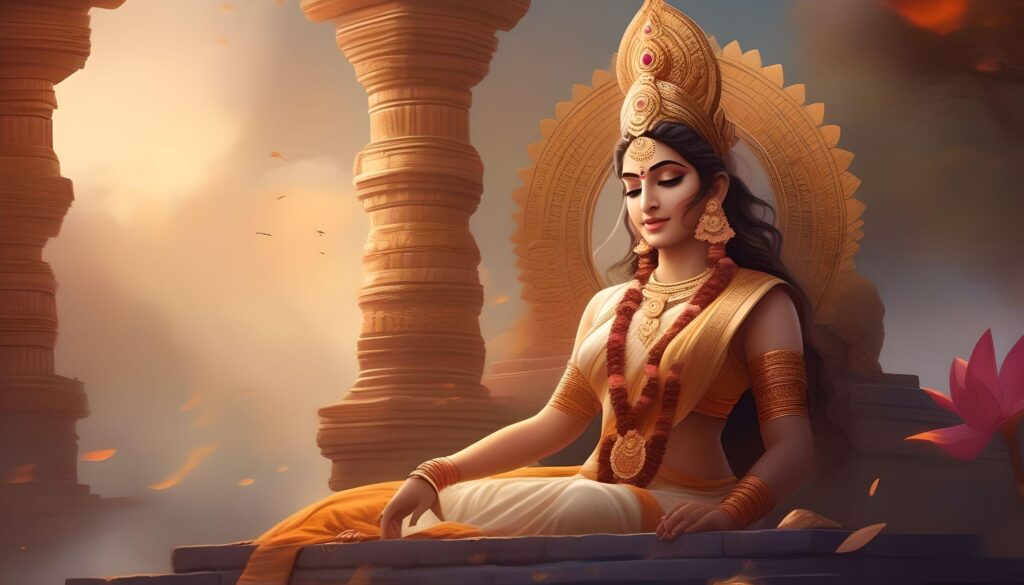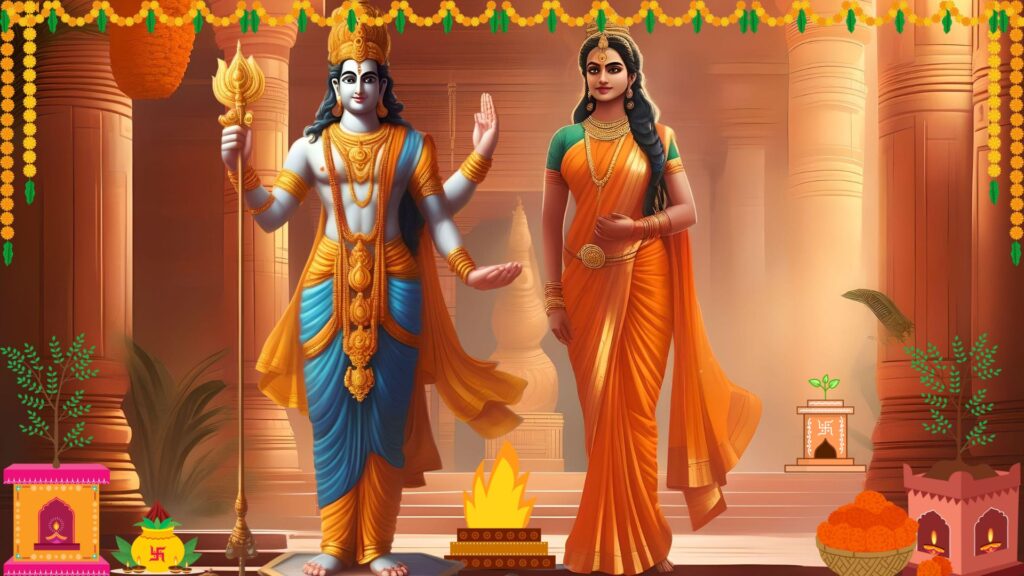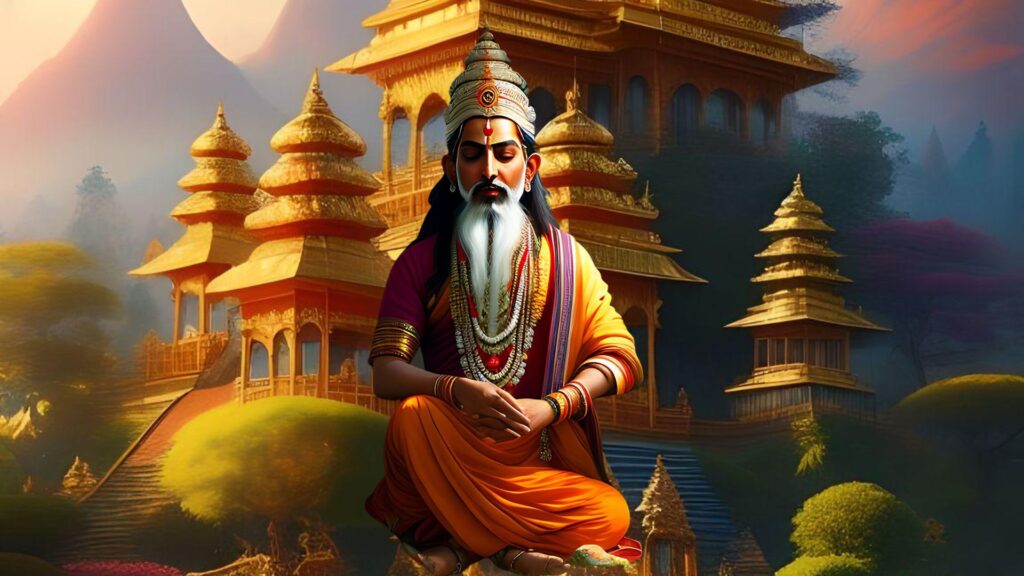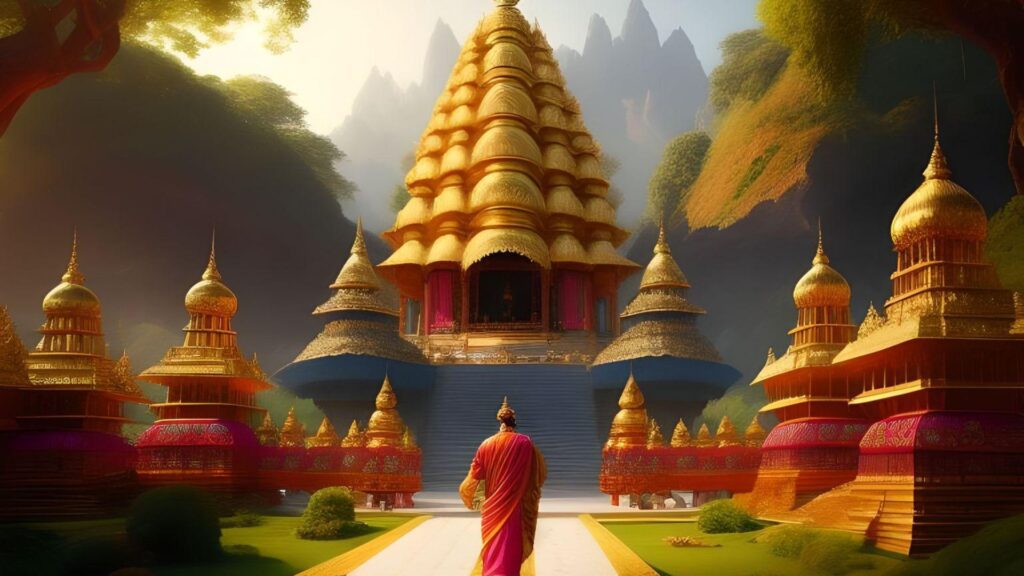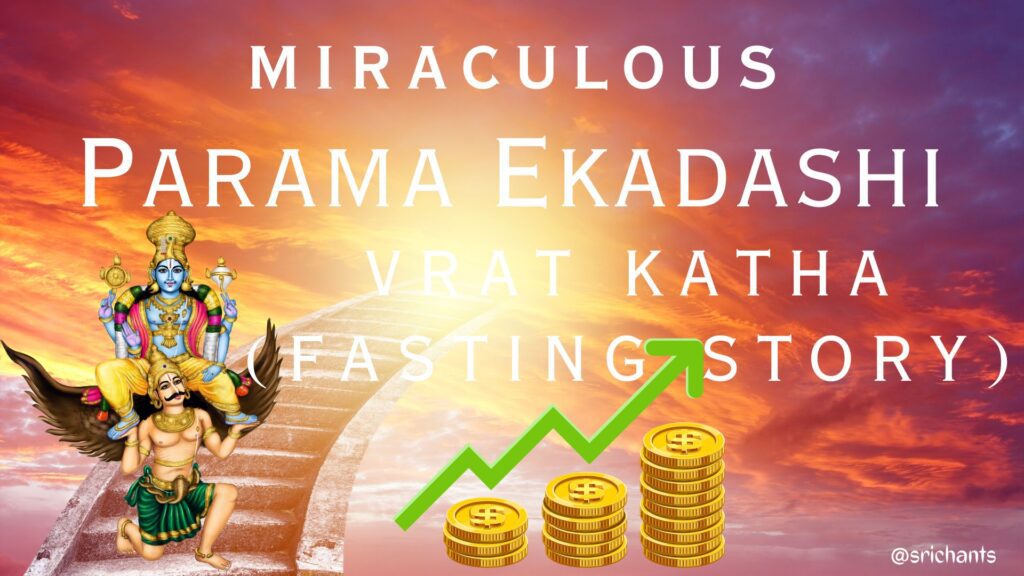Vedic Astrology: Unlocking the Mysteries of the Stars
Introduction
Amidst an era replete with contemporary ideologies and antiquated knowledge, Vedic astrology serves as an illuminating beacon, providing profound understandings of the celestial choreography. Vedic astrology, which has its origins in the Vedas, an ancient system of knowledge from India, has engrossed sincerity-seekers for several centuries. Due to its extensive knowledge regarding the impact of celestial entities on human existence, it has acquired a reputation as a sophisticated and refined divination system. This article aims to examine the historical roots of Vedic astrology, delineate its unique attributes, and explicate its distinctions from Western astrology. Therefore, let us commence an expedition in an effort to unravel the enigmas of the heavens.
Origins of Vedic Astrology
Vedic astrology, alternatively referred to as Jyotish Shastra, originates from the philosophical lineage of ancient India. By way of Sanskrit, “Jyotish” signifies “the science of light,” with particular emphasis on the electromagnetic radiation emanating from celestial bodies such as planets and stars. Life, as taught in Hinduism, is a voyage of spiritual development; astrology functions as a means to comprehend this journey. It is widely held that an individual’s fate is determined by the celestial and stellar positions at the moment of their birth, which can also offer valuable insights into their current and future.
Vedic astrology, in contrast to Western astrology, which emphasizes the sidereal zodiac, places emphasis on the tropical zodiac. The sidereal zodiac is a planetary system that incorporates the precession of the equinoxes, an ephemeral movement of the Earth’s axis. Consequently, the constellations’ positions have undergone alterations ever since the inception of Western astrology. By integrating this transition, Vedic astrology achieves a heightened degree of precision in its computation of planetary positions.
The Interconnection with Ayurveda
Vedic astrology and Ayurveda, the traditional Indian medical system, are intricately linked. The human body is composed of the five elements—ether, water, fire, and air—as acknowledged by both scientific disciplines. According to Vedic astrology, the personality attributes of each of the 12 zodiac signs are indicative of the qualities of the element that governs that sign.
Illustratively, individuals born under the fire element, namely Aries and Leo, manifest attributes of fervor, valor, and ferocity. Earth-ruled Taurus possesses the qualities of being rooted, patient, and dependable. Gemini, a sign associated with the element of air, demonstrates adaptability, versatility, and intellectual prowess. Under the influence of water, Cancer exhibits qualities of nurturing, sensitivity, and intuition. The interaction between astrology and Ayurveda provides a comprehensive comprehension of the unique constitution of each individual.
12 Zodiac Signs and Personality Traits
Vedic astrology assigns a broad spectrum of personality characteristics to the 12 zodiac signs, which exert an impact on a multitude of facets of life, such as temperament, interpersonal connections, affective inclinations, and susceptibilities. Let’s examine the unique characteristics of each sign:
Aries / Mesha (April 13 – May 14)
Ariens exhibit strong intrinsic motivation, aspiration, and a clear sense of purpose. These individuals exhibit an intrinsic tenderness and compassion, which are propelled by the fire element prevalent within them. Nonetheless, miscommunications may occasionally result from their brazenness and incisiveness.
Taurus / Vrishabha (May 15 – June 14)
Taurus individuals exude composure and patience, qualities that endear them to others. They demonstrate exceptional determination, tenacity, and critical reasoning. Nevertheless, they might exhibit a predilection for stability and resistance to change.
Gemini / Mithun (June 15 – July 14)
Gemini individuals are imaginative, lighthearted, and endowed with a keen intellect. Having exceptional communication and adaptability skills, they are comfortable in a wide range of social situations. Nonetheless, their frequent mood variations may occasionally result in a lack of determination.
Cancer / Karka (July 15 – August 14)
Cancerians are affectionate, perceptive, and passionate. They prioritize relationships based on transparency and place a high value on them. Nevertheless, their aversion to novelty and steadfastness towards the established may impede their individual development.
Leo / Simha (August 15 – September 15)
Leos are fiercely self-assured and independent individuals. Bound by the element of fire, they exhibit an alluring personality that captivates others. However, their rigidity and strong opinions can occasionally lead to disagreements.
Virgo / Kanya (September 16 – October 15)
Virgos are self-aware and thoughtful individuals. They have a keen eye for detail and possess a grounded nature. However, their perfectionistic tendencies can lead to self-criticism and a lack of spontaneity.
Libra / Tula (October 16 – November 14)
Libra individuals are resourceful and value balance and justice in life. They possess a level-headed nature and excel in intellectual pursuits. However, their realistic outlook can sometimes manifest as pessimism.
Scorpio / Vrishchika (November 15 – December 14)
Scorpios are passionate and honest individuals, ruled by the water element. They exhibit extreme emotions and possess a strong sense of fairness. However, their short temper may lead to occasional conflicts.
Sagittarius / Dhanus (December 15 – January 13)
Sagittarius individuals have a healthy attitude towards life and possess a love for adventure. They are honest, creative, and exhibit strong leadership tendencies. However, their impulsive nature can sometimes lead to reckless behavior.
Capricorn / Makara (January 14 – February 11)
Capricorns are calm, composed, and hard-working individuals. They prioritize professional ethics and seek stability and security in life. However, their cautious nature can make them resistant to change.
Aquarius / Kumbha (February 12 – March 12)
Aquarians are confident and creative thinkers, known for their quick wit. They value their freedom and possess a rebellious streak. However, their constant search for novelty can sometimes lead to restlessness.
Pisces / Meena (March 13 – April 12)
Pisces individuals exhibit versatile and adaptive qualities, reflecting the water element. They adapt to different situations and can display various characteristics based on the circumstances. However, their motivation for laborious tasks may vary.
The Difference between Vedic and Western Astrology
While Vedic and Western astrologies exhibit certain parallels, they diverge in their methodologies for deciphering planetary motion. In contrast to Western astrology, which emphasizes the tropical zodiac, Vedic astrology utilizes the sidereal zodiac to account for equinox precession.
As a result of the Earth’s oscillation, the constellations’ positions have changed over time. This displacement is accounted for by the sidereal zodiac, which provides a more precise method of calculating the positions of the planets. As opposed to being astronomically precise, Western astrology adheres to the traditional path, which is symbolic in nature.
Varying zodiac dates between the two systems result in discrepancies that manifest in horoscopes and predictions. As a result of its emphasis on natural laws, Vedic astrology is frequently considered a more dependable and precise method of forecasting. Nevertheless, every system possesses its own set of advantages, and as a result, numerous people opt to investigate and combine the two methodologies in order to attain a more holistic comprehension of their existence.
The Influence of Planets on Human Life
According to Vedic astrology, the planets exert a significant impact on the course of human existence. They are conceptualized as interconnected nodes of light within an expansive energy network, which establishes nuanced lines of force that span the entirety of the solar system. These planetary energies exert an impact on our bodies and minds as they manifest in a variety of forms throughout Earth’s life.
In the context of Vedic astrology, distinct qualities and facets of existence are attributed to each planet. To illustrate, the Sun is symbolic of dynamism, initiative, and individuality, whereas the Moon represents sentiments, intuition, and caregiving. Venus represents aesthetics, intellectual prowess, and innovation, whereas Mercury rules over intelligence, communication, and flexibility. Mars is symbolic of vitality, bravery, and self-assurance, whereas Jupiter represents sagacity, growth, and prosperity. Saturn symbolizes accountability, responsibility, and karmic lessons; on the other hand, Rahu and Ketu symbolize transformation and spiritual development as the lunar nodes.
The analysis of the planets’ positions at the moment of birth aims to ascertain their impact on an individual’s character, interpersonal connections, professional trajectory, and life trajectory as a whole. A nuanced comprehension of the manner in which these planetary energies interact and influence the fate of an individual is afforded by Vedic astrology.
Destiny and Free Will in Vedic Astrology
According to Vedic teachings, our future is determined by a combination of destiny and free will. Destiny refers to the situations and experiences we encounter in life, while free will is our ability to choose how we respond to them. Our thoughts and actions create karma, which influences the future situations we will face.
The Vedas outline four goals of human life: dharma, artha, kama, and moksha. Dharma represents the mode of conduct that supports spiritual growth, while artha relates to the acquisition of wealth and security. Kama refers to the pursuit of sensory and emotional happiness, and moksha signifies liberation from the cycle of birth and death.
Vedic astrology serves as a map of our karma, providing insights into our nature, strengths, weaknesses, and the challenges we may face. It helps us navigate our lives in alignment with our dharma and empowers us to make conscious choices that support our spiritual growth. By understanding the planetary influences, we can engage in spiritual practices, such as chanting or ritual worship, to transform our karma and progress towards moksha.
The Role of a Vedic Astrologer
Years are required for the mastery of Vedic astrology through study, training, and intuitive insight. Those astrologers who have developed their abilities professionally and uphold a rigorous code of spiritual discipline are considered the most exceptional. They exhibit the virtues of integrity, modesty, and benevolence, and they treat every person with impartiality.
Astrologers in ancient India were held in high esteem as eminent sages, with their principal objective being the provision of spiritual guidance to individuals. Although it may be difficult to locate such astrologers in the present day, those who uphold a comparable level of spiritual integrity can offer invaluable counsel and assistance.
A Vedic astrologer conducts an examination of the Janam Kundli, an individual’s birth chart, in order to acquire profound understandings pertaining to their character, fortitude, fragility, and life occurrences. They analyze the celestial bodies’ positions and offer counsel on effectively navigating obstacles and capitalizing on favorable circumstances. Individuals have the capacity to progress spiritually and make well-informed choices by harmonizing with the forces of the cosmos.
Conclusion
Vedic astrology continues to be a highly esteemed tradition that provides profound epiphanies regarding the celestial mysteries. Drawing from its ancient roots in the Vedas and intricate ties to Ayurveda, this knowledge imparts a comprehensive comprehension of human nature, predetermined outcomes, and the dynamic relationship between free will and celestial forces. Although different from Western astrology, Vedic astrology occupies a distinctive position in the affections of individuals in search of spiritual guidance. Embrace the sagacity of the constellations and harness your latent potential by adhering to the enduring principles of Vedic astrology.
